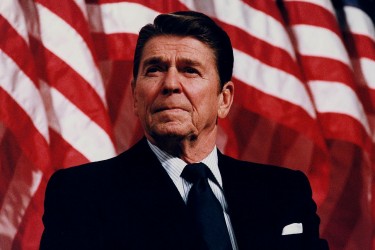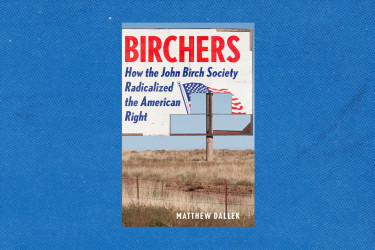Hofstadter himself had a tragically truncated life. He was felled by cancer two years later, at age 54. Yet his life, much like RFK’s, helped chart the ups and downs of 20th century liberalism in the United States. Born in 1916, Hofstadter came of age during the Great Depression and the era’s surge of labor radicalism and social democratic programs and bore witness to the movements that pushed for equality in the workplace and challenged white supremacy. Struggling with his fears of the revanchist right during the early Cold War, he found himself helpless as the centrist liberalism he came to embrace fell under attack.
Perhaps for this reason, a full five decades after his death, Hofstadter’s legacy remains as contested as the liberalism he avowed during his life. For liberal pundits and more traditional political historians, he created a durable framework for understanding the achievements of the liberal tradition and the recurrent attacks it has suffered. He extolled the two-party system and bipartisan comity and warned of the dangers of extremist ideologies. But for radicals and the generation of social historians who came after him, Hofstadter represented many of the weaknesses in liberal politics and historical writing. Not only was his centrism myopic, but so was his historiographic approach. Neglecting archival research and focusing on those at the top of society, he often had a cursory understanding of the grassroots social movements he criticized.
Part of the controversy over his legacy is the result of a shared simplification. Among friends and foes alike, Hofstadter tends to be pigeonholed as one of the consensus historians who flourished during the Cold War. Consensus history—exemplified by the work of Louis Hartz and Daniel Boorstin—argued that most Americans had a shared ideology that transcended partisan differences and enabled the United States to avoid the bitter polarization that characterized European politics. Grouping Hofstadter with Hartz and Boorstin is not without justice. An easy mnemonic for understanding his work in the 1950s and ’60s is that he cherished words beginning with the letter C: “comity,” “compromise,” “conciliation,” “civility.” Conversely, terms that began with P made him purse his lips: “populism,” “protests,” “paranoia,” “popular front.”



















